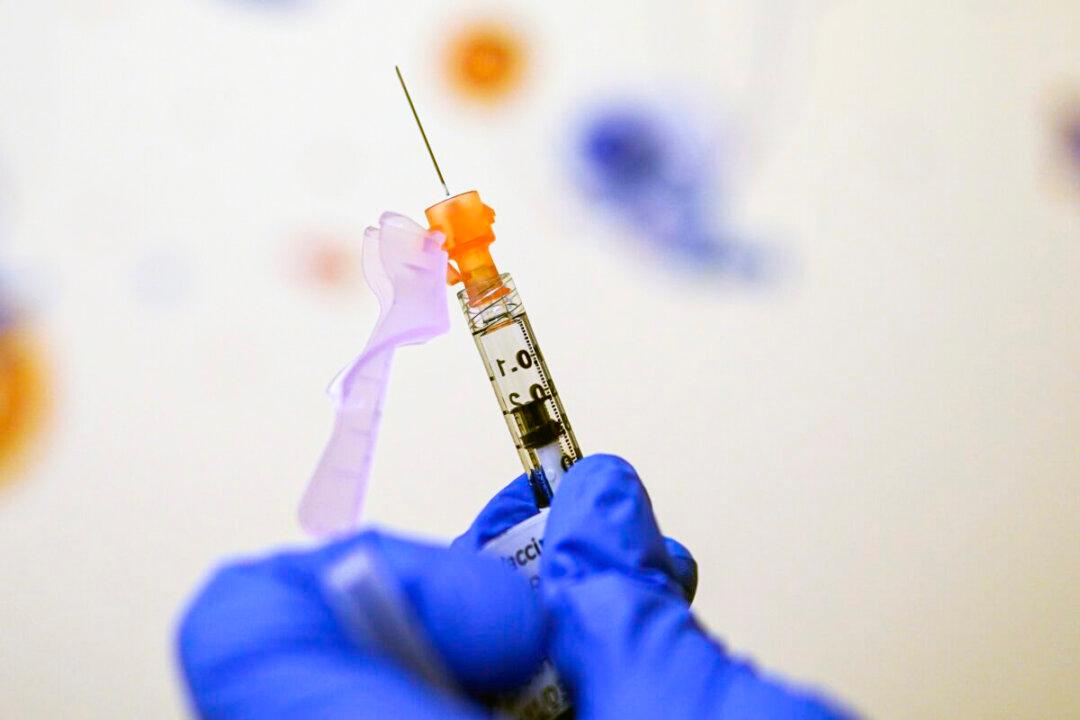Pfizer and its German pharmaceutical partner BioNTech announced they are submitting a request to the U.S. Food and Drug Administration (FDA) to authorize extra-low doses of their COVID-19 vaccine for children 6 months through 4 years of age.
The FDA had urged Pfizer-BioNTech to apply for the Emergency Use Authorization (EUA) earlier than the companies had planned.




